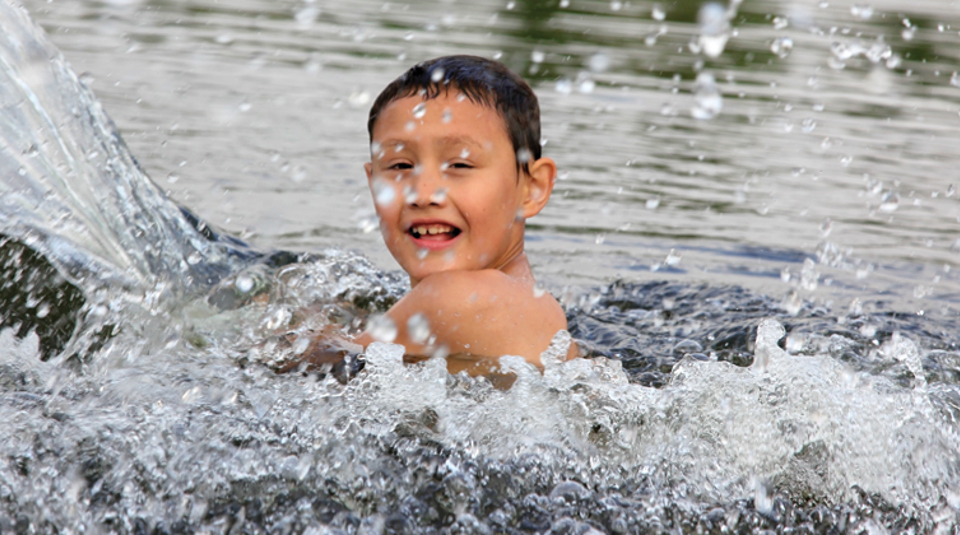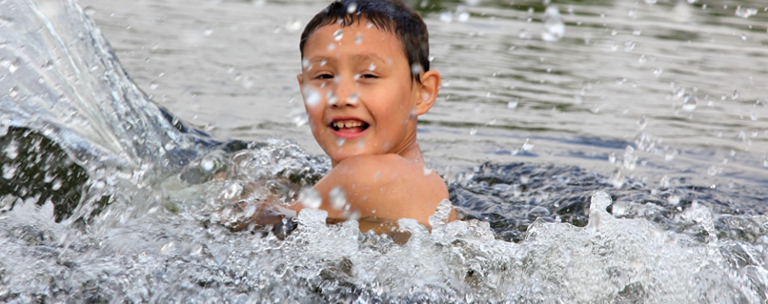As we celebrate International Day of Families (15 May), it’s an opportune moment to reflect on the bond that unites us all: our shared home. Planet Earth. Environmental science plays a crucial role in safeguarding the health of our planet and, by extension, the well-being of our families. This field of study helps us understand the intricate web of life that sustains us and the impact our actions have on the environment. By embracing environmental science, we can ensure a healthier, more sustainable future for generations to come.
Understanding ESR’s Role
The Institute of Environmental Science and Research (ESR) stands at the forefront of environmental science in Aotearoa New Zealand, conducting critical research that informs policy, educates the public, and leads to actionable change. From biowaste science to studying the impacts of climate change, ESR’s work is integral to maintaining healthy families.
Aotearoa's drinking water, groundwater, recreational water and wastewater can all be affected by pathogens and contaminants. ESR’s water scientists help to detect and manage the risks, and they provide advice and guidance to health authorities, local and central government, industry and communities.
Our work includes investigating water quality, identify contamination sources, and developing resources to better manage waterways, the surrounding environment, and potential risks to public health. We also study management and treatment options for the beneficial reuse of wastewater, effluent, greywater, biosolids and sewage sludge. Our focus is holistic, transdisciplinary and culturally responsive approaches based on a carbon-neutral circular economy.
Our scientists and partners around New Zealand are also investigating the impact of microplastics and the threat to our ecosystems, animals and people.
Climate change and family health
The effects of climate change will be wide ranging and are expected to have impacts directly and indirectly on the health of families. In order to maintain and improve health now and for future generations, countries need to build resilient health systems to protect people, particularly the most vulnerable, from the health risks related to natural hazards, disaster events and climate change. To help anticipate future health risks, many countries have prepared specific health national adaptation plans (HNAPs) as a strategy to help prepare and manage the health impacts associated with a changing global climate.
In 2019, the Ministry of Health commissioned ESR to undertake a review of considerations that need to be made when developing a health national adaptation plan (HNAP) for New Zealand. It provided information on key differences between national adaptation plans (NAPs) and HNAPs, and fed into a 2020 report looking at stakeholder views on the development, effectiveness and utility of a health adaptation plan.
ESR is also involved in projects looking at the impact of rising temperatures on child health. An estimated 37% of recent heat-related deaths globally have been attributed to human-induced climate change, and overseas evidence suggests that heat-related deaths and illness in New Zealand children is likely to be substantial and inequitably distributed. One of the project outcomes will be to suggest policy measures to reduce the health impacts of rising temperatures on vulnerable sub-populations.
ESR also monitors disease and bacteria that are sensitive to a changing climate, including Zika virus, malaria and vibrio.
A collective responsibility
Environmental science is not just an academic discipline; it’s a pathway to a better future for all families. Because caring for our environment is an integral part of caring for each other. By embracing environmental science, we can ensure that our planet remains a vibrant, life-sustaining home for our children and generations to come.

Learn more about ESR's environmental science
At ESR we understand the health of our water and environment is critical to the health of our people. E ora ana te wai. Water is life.

